What is PPC in Marketing?
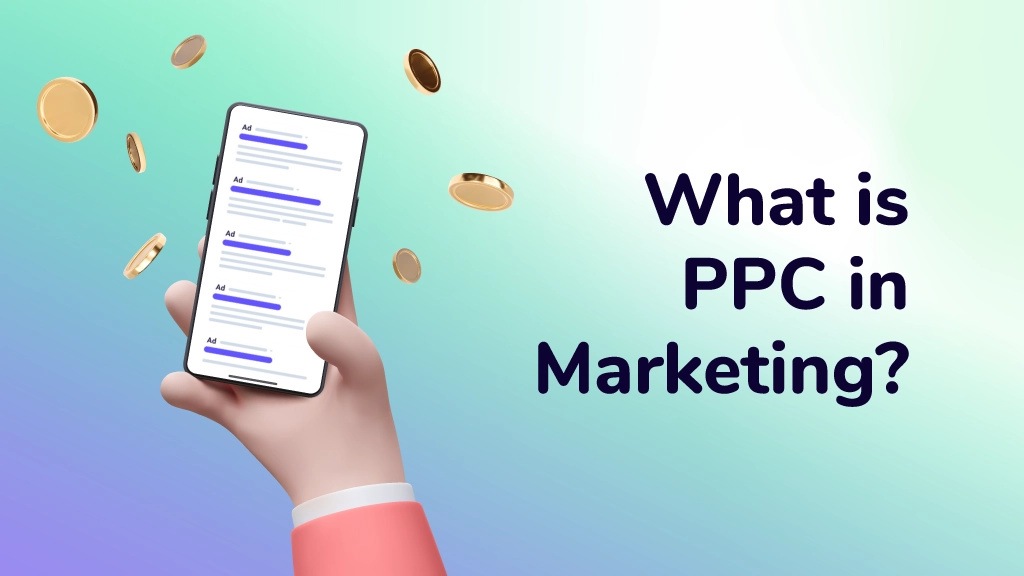
- How does PPC Work in Google Ads?
- Types of PPC Ads
- PPC Marketing Strategy
- What are the Benefits of Using PPC?
- PPC Marketing Tools
Pay-per-click, or PPC in marketing, is becoming a popular and effective way for companies to draw attention in the digital world. Simply, PPC means that advertisers have to pay a small fee each time a user clicks on their advertisement. Unlike traditional methods that rely on organic traffic, PPC enables businesses to actively bring visitors to their websites by investing in targeted clicks.
In this blog, we’ll explain what PPC marketing is all about. We’ll explore how it works on platforms like Google Ads, check out the different types of PPC ads, and learn why businesses use PPC in their marketing strategies. So, let’s dive into the world of PPC and discover how it can make a big difference for your business online!
How does PPC Work in Google Ads?
Now that we’ve understood what PPC is, let’s focus on Google Ads, the main platform on which most of this activity happens. Knowing how PPC marketing works in this environment gives businesses important insights into navigating the competitive landscape of digital advertising. Let’s look at the process in steps that are easy to understand.
The Auction System
Think of Google Ads as a lively marketplace where everyone wants to showcase their products. Advertisers use special keywords as their tickets to get noticed. These keywords are like magic words that help their ads appear when people search for things online. So, when someone types in a search term that matches the keywords an advertiser bid on, it triggers a kind of auction.
Keyword Bidding
Now, winning in this auction isn’t just about spending the most money. Google wants to make sure people see ads that are actually helpful. So, besides looking at how much an advertiser is willing to pay, Google also considers the quality of the ad itself. This quality check is called the “Quality Score”. It’s like Google’s way of making sure the ads are not just eye-catching but truly helpful to the person searching.
Ad Rank
The combination of how much an advertiser is willing to pay and the Quality Score decides the “Ad Rank”. Imagine the Ad Rank as a popularity score for your ad. The higher your Ad Rank, the better your chances of being at the top of the search results page. Your ads get more visibility.
Ad Display
When an advertiser wins the auction, the PPC ad gets displayed prominently at the top of the search results, right where everyone can see it. And here’s the best part, you only pay when someone actually clicks on your ad. So, it’s not just about showing up, it’s also about grabbing the attention of the right people.
Ongoing Optimization
It doesn’t stop there. Successful advertisers keep an eye on how well their ads are doing. They make adjustments, like adjusting the keywords they bid on or making their ads more interesting. This ongoing optimization is important to keeping the audience interested and engaged.
Types of PPC Ads
Now that we’ve understood how PPC marketing works in Google Ads, let’s dive into the different types of PPC ads. These are the tools in your digital marketing toolbox, each with its unique strengths to help your business shine and connect with your audience. Here are the types of PPC Ads;
Search Ads
When you search for something, these are the text-based PPC ads that appear right at the top of the search results. Think of them as helpful road signs, guiding people directly to what they’re looking for. They’re incredibly effective for capturing users’ attention, who actively looking for products or services.
Display Ads
Have you ever visited a website and seen colorful banners or eye-catching images? Those are display ads. They’re like digital billboards, popping up on various websites to introduce your brand. Even when people aren’t actively searching, display advertisements are a great way to increase brand awareness and grab attention.
Video Ads
If a picture is worth a thousand words, imagine what a short video can do. Video ads, often found on platforms like YouTube, bring your brand to life. They’re like mini-commercials, allowing you to tell a quick and engaging story about your product or service.
Shopping Ads
For businesses in the retail industry, shopping ads are a game-changer. These showcase your products directly in the search results, presenting potential customers with a visual preview. It’s like having a mini storefront right at the top of the page, inviting users to explore what you offer.
Social Media Ads
Social media ads appear out of nowhere as you’re scrolling through your favorite social media platforms. These can be in various forms, like images, carousels, or sponsored posts. They seamlessly integrate into your social feed, making them a powerful way to target specific demographics on platforms like Facebook or Instagram.
Remarketing Ads
Have you ever looked at a product online, decided not to buy it, and then seen that same product following you around the internet? That’s the magic of remarketing ads. They encourage users who have visited your website but didn’t make a purchase, gently pushing them to come back and complete the transaction.
Understanding the different PPC ad types is like having a menu of options for your marketing strategy. You can combine these ads in different ways to make an effective combination, depending on your objectives and the preferences of your target audience. Each type brings something unique to the table, giving you the flexibility to tailor your approach and maximize your PPC marketing impact.
PPC Marketing Strategy
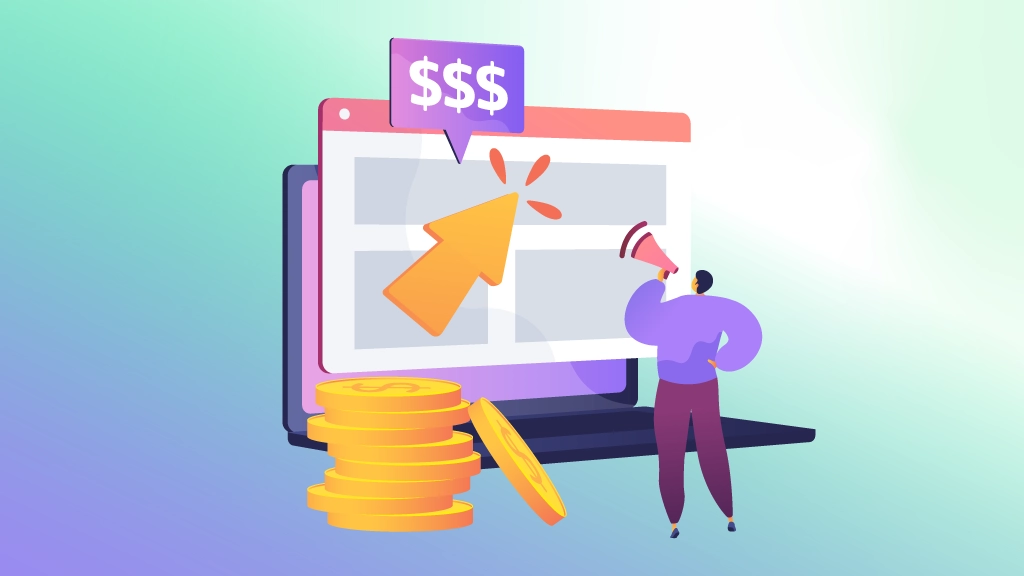
Creating a successful PPC marketing strategy involves careful planning, much like orchestrating a well-planned event, requiring precision, creativity, and a strong understanding of your audience. Here’s a closer look at the key elements that form an effective PPC strategy:
1. Keyword Research
Begin by diving into the world of keywords, which are the phrases people use when searching for products or services like yours. Keyword Research Tools can be your allies here, assisting you in identifying the most effective keywords to target.
2. Ad Copy Optimization
Creating compelling ad copy is crucial. The words in your advertisement make the first impression on potential customers. Aim for short, and persuasive copy that clearly expresses what your business offers. Experiment with different versions to discover which appeals best to your audience.
3. Budget Management
Setting a budget is the same as deciding how much you want to spend on the party. Keep an eye on each ad’s performance and be ready to adjust your budget to maximize its impact and ensure you’re getting the best value for your investment.
4. Ad Extensions
Take advantage of ad extensions to enhance the visibility and relevance of your PPC ads. These features, such as links to specific pages on your site or additional information, make your ads more informative and appealing. It’s a simple way to stand out in the crowded digital world.
5. Landing Page Optimization
Once people click on your ad, they should find what they’re looking for on your website. Make sure that your landing page matches seamlessly with your ad and provides a user-friendly experience. A well-optimized landing page can improve your ad’s Quality Score and conversion rates.
6. Geo-targeting and Audience Segmentation
Tailor your campaigns to specific locations and demographics to ensure that your ads reach the most relevant audience. This precision targeting not only improves the efficiency of your campaign but also minimizes wasted ad spend.
7. Monitoring and Analytics
Constant monitoring is key in the dynamic world of PPC marketing. Regularly monitor campaign performance using analytics tools like Google Analytics and the ad platform’s native reporting features. Identify trends, track key performance metrics, and use data-driven insights to make informed adjustments to your strategy.
By adding these key elements to your strategy, you can build a solid foundation for success. Continue to test, iterate, and stay current on market trends to ensure that your PPC strategy remains agile and delivers great results for your business.
What are the Benefits of Using PPC?
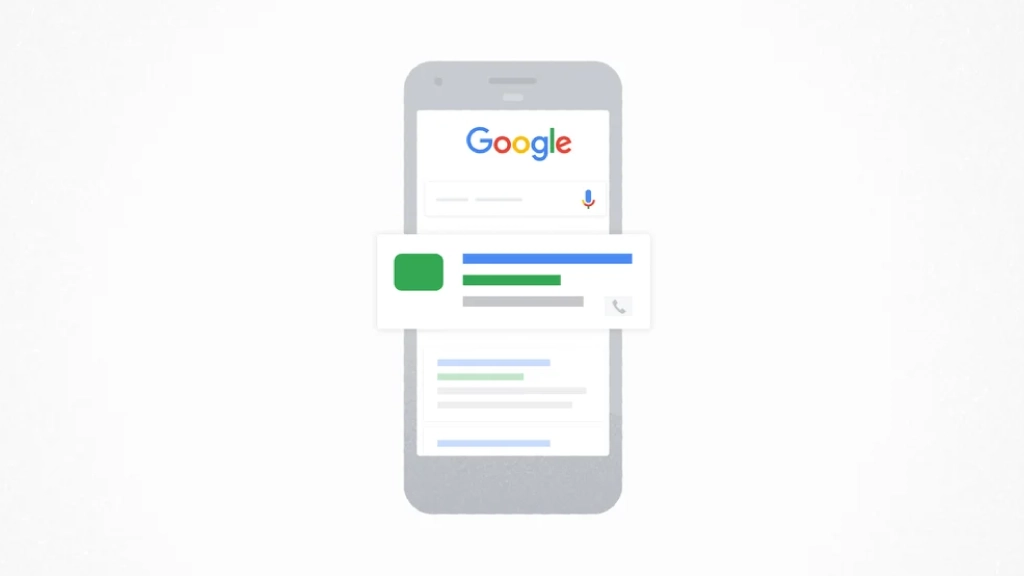
Pay-per-click (PPC) advertising is a strategic tool that offers businesses a multitude of benefits in the digital marketing world. Let’s explore the benefits that make PPC marketing an appealing choice for expert marketers:
1. Increased Visibility
PPC places your ads prominently on search engine results pages, ensuring higher visibility for your business. This prominent placement can significantly increase brand awareness by capturing the attention of potential customers right when they’re actively searching for products or services like yours.
2. Precise Targeting
One of the standout features of PPC marketing is its precision in targeting. With the ability to focus on specific demographics, locations, and even device types, PPC ensures that your ads reach the most relevant audience. This targeted approach maximizes the impact of your advertising efforts and minimizes wasted ad spend.
3. Measurable Results
PPC is a highly measurable form of advertising. Analytics tools provide a wealth of data, allowing you to track key performance metrics such as clicks, impressions, and conversions. This data-driven approach enables you to assess the effectiveness of your campaigns and make informed decisions for continuous improvement.
4. Budget Flexibility
Whether you’re a small business or a larger enterprise, PPC can fit budgets of all sizes. You have full control over how much you want to spend, and you only pay when someone clicks on your ad. This budget flexibility ensures that you allocate resources efficiently and adjust spending based on real-time performance.
5. Immediate Results
Unlike some other digital marketing strategies that take time to gain popularity, PPC delivers immediate results. As soon as your campaign is live, your ads can start appearing in front of your target audience, driving instant traffic to your website. This speed is particularly valuable for time-sensitive promotions and initiatives.
6. Adaptability and Experimentation
The dynamic nature of PPC marketing allows for quick adaptations and experimentation. Marketers can make real-time adjustments to respond to market changes or test different strategies to see what connects best with their audience. This flexibility ensures that your campaigns stay relevant and effective in the always changing digital landscape.
7. Highly Customizable
PPC campaigns are highly customizable, allowing you to tailor your ad copy, targeting parameters, and even the timing of your ads. This level of customization ensures that your campaigns align closely with your business goals and marketing objectives.
The benefits of PPC extend beyond immediate results to include precision, measurability, budget flexibility, and adaptability. By using these advantages, businesses can create attractive digital advertising campaigns that connect with their audience and contribute to overall marketing success.
PPC Marketing Tools
Taking advantage of different helpful tools makes navigating the world of Pay-per-click (PPC) advertising much easier. These tools are like your trusted partners, assisting you in managing and improving your PPC campaigns. Let’s take a look at some top user-friendly PPC marketing tools:
Google Ads Editor
Google Ads Editor is your campaign organizer. This tool simplifies the management of your Google Ads campaigns, allowing you to make bulk changes efficiently. It’s like having a handy assistant for handling tasks like copying items and working offline.
Semrush
Semrush is your all-in-one marketing toolkit. From keyword research to competitor analysis, it covers a range of functions. It’s like having a versatile tool that reveals your competitors’ strategies, helping you refine your own campaigns.
Ahrefs
Ahrefs is your secret tool for PPC marketing success. While well-known for SEO, it’s equally powerful for PPC. This tool assists in competitor analysis, revealing their top-performing keywords and providing insights to shape your campaign strategies.
Google Analytics
Google Analytics offers information about user behavior on your website. Understanding how users interact allows you to fine-tune your PPC campaign for maximum results.
What is The Best PPC Platform?
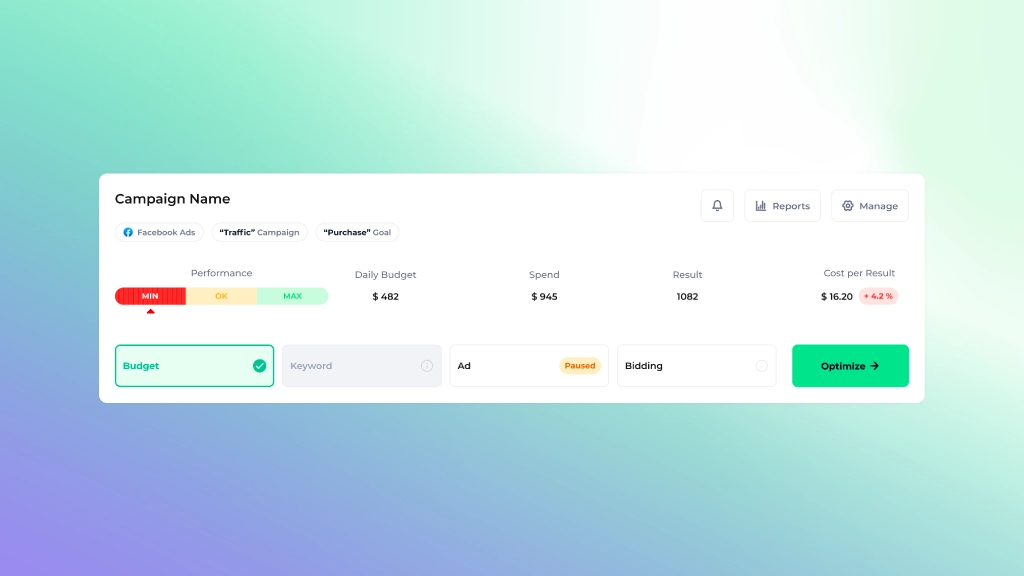
WASK is the best PPC platform, offering smart features designed to elevate your advertising game. Our advanced Ad Management tool stands out with its smart targeting, automated optimization, and data-driven insights, and other smart features. WASK allows you to streamline budget allocation, improve PPC ad performance, and easily use its user-friendly interface.
With WASK, you can get better results from your PPC ads with the same budget. WASK is your partner in achieving PPC management success, ensuring your campaigns are not only efficient but also consistently optimized for enhanced performance in the digital marketing world.
In a nutshell, this guide makes PPC marketing as simple as pie. Whether you’re a marketing pro or just starting, it’s your roadmap to success in the wild world of digital advertising. Let’s make your business shine online!

What does PPC Stand for in Marketing?
PPC stands for “Pay-Per-Click” in marketing. It’s like a digital billboard where businesses only pay when someone clicks on their ad. It’s a cost-effective way to get noticed online by bidding on specific keywords related to your business.
Why PPC Marketing is Important?
PPC marketing is important because it ensures your business appears when people are actively searching for your offerings. It’s cost-effective, with payment only for actual clicks, providing immediate visibility and measurable results. With precise targeting, budget control, and real-time adaptability.
How To Manage PPC Campaigns?
To manage PPC campaigns, focus on targeted keyword research, compelling ad creation, and setting a realistic budget. Regularly monitor and adjust bids, utilize ad extensions, and conduct A/B testing for optimization. Leverage tools like Google Ads Editor and analytics for insights. Stay flexible, adapting your strategy based on trends and competitors to ensure consistent value in the dynamic digital world.
Which Type of Business Should Use PPC Marketing?
PPC marketing suits various business types. It’s ideal for startups needing quick online visibility, e-commerce for direct product promotion, local businesses targeting specific areas, and service industries for lead generation.
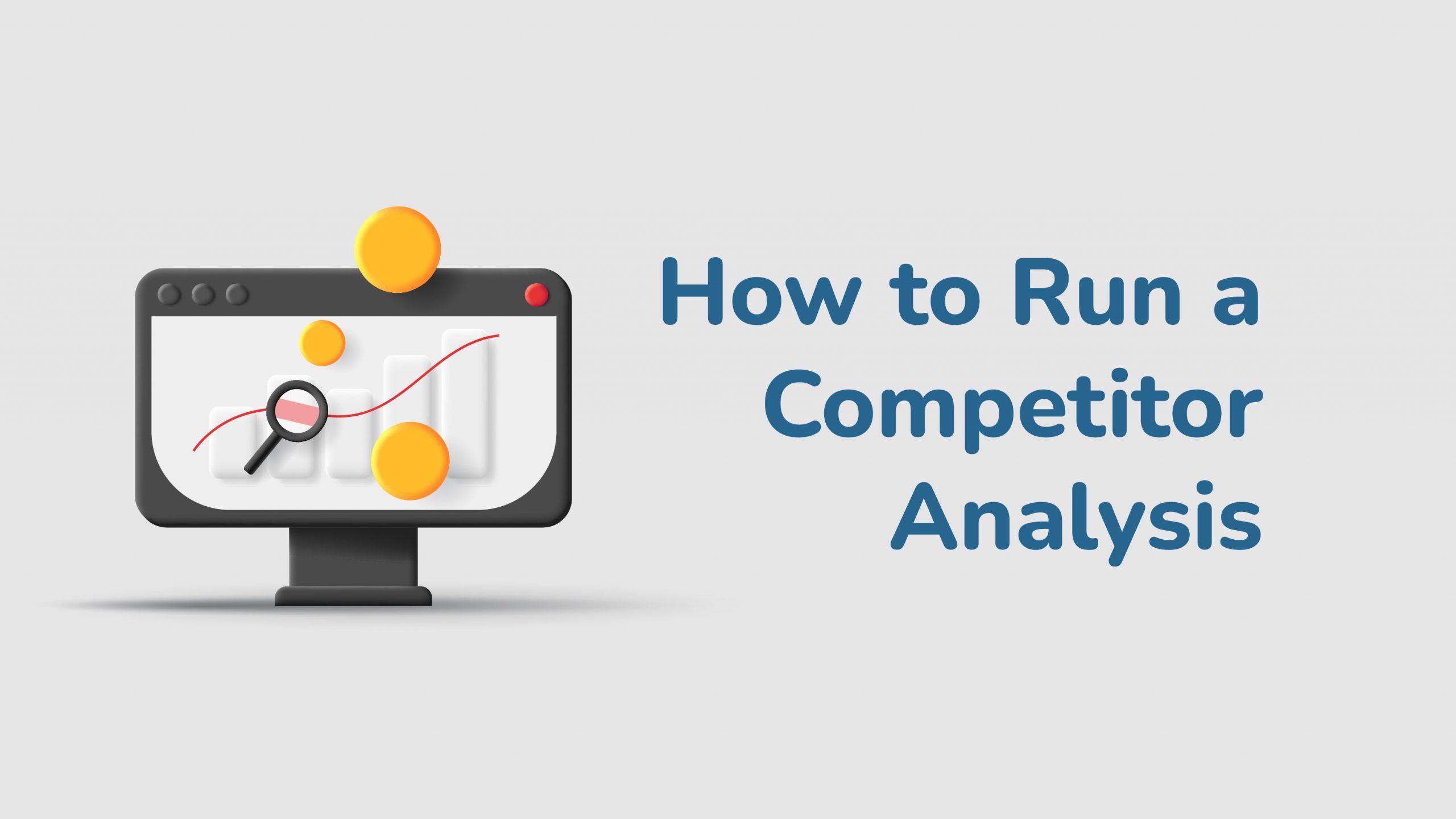
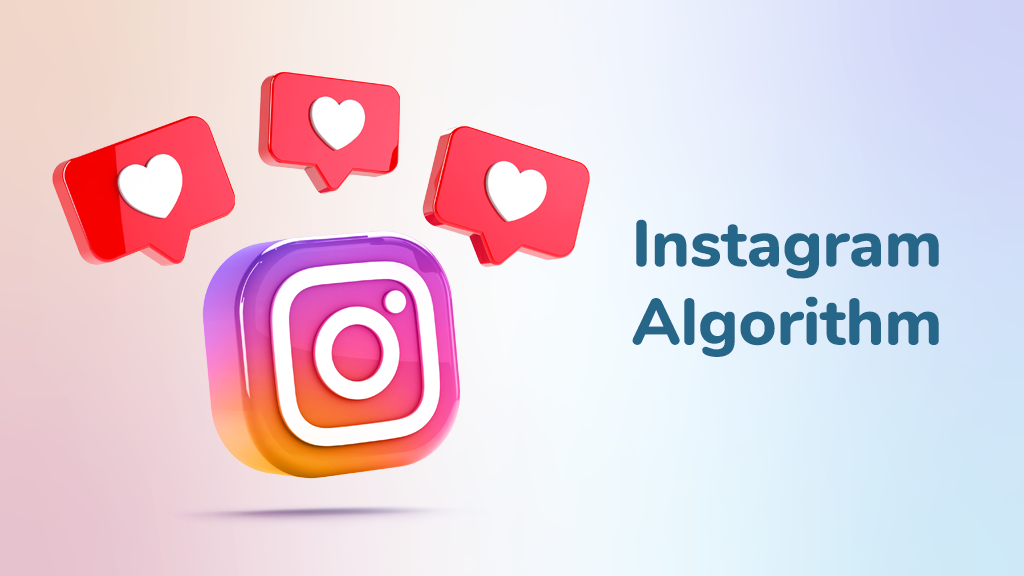
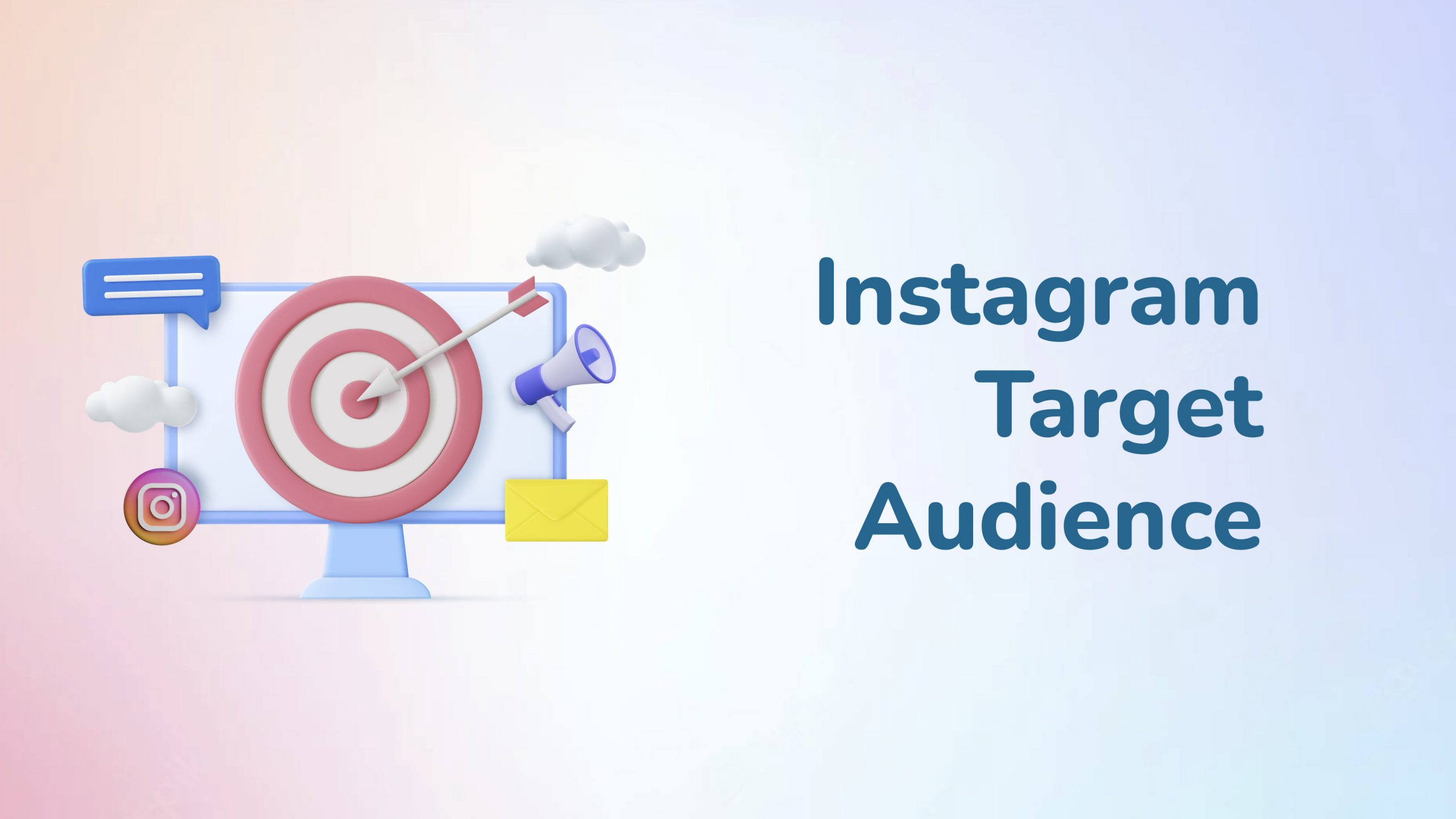
Thanks so much for the article.Really thank you! Much obliged.
Thanks Celina, stay tuned!